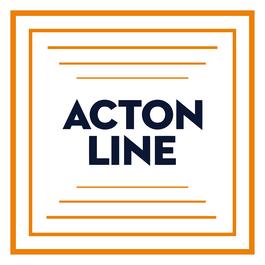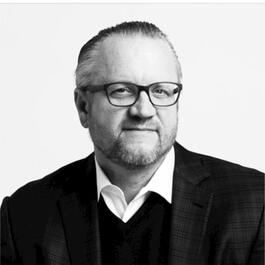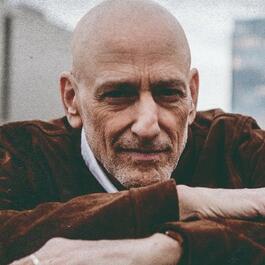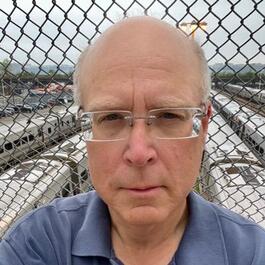
Acton Line
Dedicated to the promotion of a free and virtuous society, Acton Line brings together writers, economists, religious leaders, and more to bridge the gap between good intentions and sound economics.
Show episodes
This month on the Acton Rundown Dan & Mark chat about upcoming Acton events and new video content. Winter 2025 Religion & Liberty: Why Orwell Still Matters by John Rodden Video content: Stephanie Slade Is Chronicling the New Right Peter Boettke Is Teaching the Humanistic Foundations of Austrian Economics Rev. Robert
In this episode, Dan Hugger speaks with Kris Mauren, co-founder and president of the Acton Institute, about all things Acton. What was the original, animating idea behind the founding of the Acton Institute? Why a think tank? What makes Grand Rapids so grand? What are the greatest challenges Acton faces in fulfilling i
In this episode, Dan Hugger speaks with Father Robert Sirico, co-founder and president emeritus of the Acton Institute, about the true meaning of Christmas. Subscribe to our podcasts Watch this podcast here A Charlie Brown Christmas | Charles M. Schulz A Christmas Carol | Charles Dickens Pied Beauty | Gerard Manley Hop
In this episode, Dan Hugger speaks with Stephen Barrows, chief operations officer of the Acton Institute, about the recent conviction of entrepreneur and pro-democracy activist Jimmy Lai, who was found guilty by a Hong Kong court on Monday in a landmark national security trial. Who is Jimmy Lai, and what is his long-st
In this episode, Dan Hugger speaks with Peter J. Boettke, Distinguished University Professor of Economics at George Mason University, as well as the director of the F. A. Hayek Program for Advanced Study in Philosophy, Politics, and Economics at the Mercatus Center at George Mason University, about the importance of th
In this episode, Dan Hugger speaks with Stephanie Slade, senior editor at Reason magazine and a fellow in liberal studies at the Acton Institute, about the “New Right.” Who comprises the New Right, and what is their approach to politics? Has the old conservative movement failed? How does the New Right’s rhetoric relate


